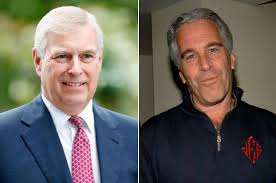


Posted December 17, 2019
Some big events in 2019 have highlighted how vital it is for leaders to express emotion in media interviews where there are victims or perceived victims. This is where many business and political leaders fall over.
 Who can forget Jacinda Ardern’s performance after the Mosque attacks in March. All she did was show her sympathy to the victims and tell them what she was doing to help. And that’s all she needed to do and all people wanted to hear. Pictures and video or her hugging victims and their families was so powerful that she became an international star.
Who can forget Jacinda Ardern’s performance after the Mosque attacks in March. All she did was show her sympathy to the victims and tell them what she was doing to help. And that’s all she needed to do and all people wanted to hear. Pictures and video or her hugging victims and their families was so powerful that she became an international star.
She repeated this over the last few weeks with the White Island disaster. This time she was hugging St John staff, but she was equally impressive with the emotion she showed.
A lot of this comes down to body language and tone of voice. People need to know you mean what you say. They don’t necessarily need all the answers, but they do need to know you care.
Enter Prince Andrew. He didn’t even express his sympathy for the victims of Epstein, let alone show any emotion. This should have been his focus, but instead it was clear that all he wanted to do was deny any allegations. It was still possible for him to deny the allegations and come across as sympathetic to the victims of Epstein. An apology for staying with the sex offender after his imprisonment and an admission that it was a mistake would also have shown some sort of human side that was lacking throughout the interview.
What these examples show is how vital it is for leaders to show emotion and sympathy in any media interview where there are victims. Lots of leaders in business focus on denial of allegations from the outset rather than the victims. This is wrong and usually ends careers and loses businesses millions of dollars.
victims. Lots of leaders in business focus on denial of allegations from the outset rather than the victims. This is wrong and usually ends careers and loses businesses millions of dollars.
While the scenarios with Jacinda and Prince Andrew are quite different, the emotional and sympathetic focus is the only way to approach any situation where there are victims, regardless of who’s at fault or the overall context.
This is why leaders from all fields need to be ready for such interviews. It’s too late once something happens to see how you come across on national television.
To refresh your media interview skills in early 2020, contact [email protected]